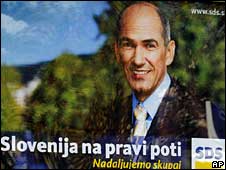Milan to enforce teen drink ban

Rising binge drinking is forcing changes to Italy’s relationship with alcohol
|
Milan has banned the consumption and sale of alcohol to young teenagers in an effort to curb binge-drinking.
Parents of children under the age of 16 caught drinking wine or spirits will be liable to heavy fines of up to 500 Euros ($700;£450).
A third of 11-year-olds in the city have alcohol related problems, it says.
In a country where for centuries wine has been part of local culture – and prohibition would be unthinkable – the ban has come as a shock.
But the authorities are deeply concerned about the increase in consumption of alcohol by children as young as 11 in the country’s industrial and financial capital.
So as an experiment, supplying alcohol – either wine or spirits – to youths under the age of 16 in bars, restaurants, pizza shops and liquor stores will be banned.
Heavy fines will be imposed on the parents of offending children and on shopkeepers or bar owners who serve them.
A national law banning the sale of alcohol to under-16s is only loosely enforced, as Italian families are used to sometimes giving young children a teaspoon of wine as a family party treat.
In past centuries, Italian children would sometimes even be given wine to drink in preference to water which was often polluted.
There has been a storm of protest by bar owners who refuse to act as alcohol police for young people.
But changing social customs mean that old easy-going attitudes towards consumption of alcohol in Italy will have to change.


